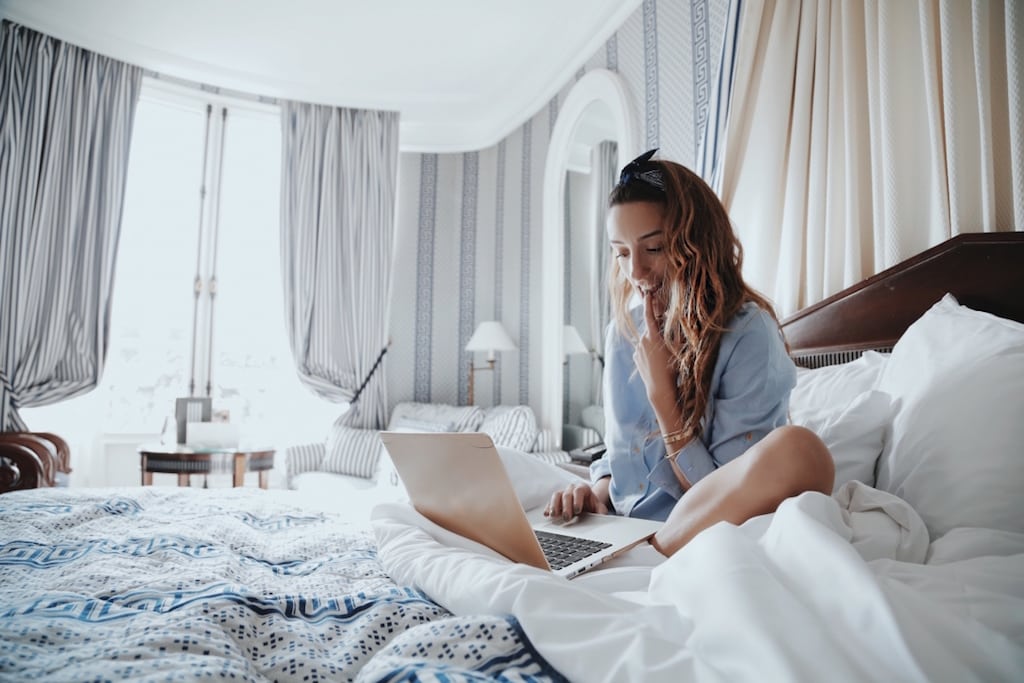6 Charts Showing How Social Media Influencers Work With Brands

Skift Take
The study states that a social media influencer is someone who has the ability to cause effect or change behavior. Too often the definition of an influencer is misconstrued with reach and popularity, which should be the added bonuses or afterthoughts. Travel brands should analyze what kind of effect influencers have on their audience before asking to work with them.
Travel brands want to reach new audiences and regularly use social media influencers with large social media followings to connect with them.
Marketers and influencers alike agree that the authenticity of a social media project should be grounded in every campaign, and that it's best to work with each other directly rather than going through agencies or other services. But they diverge on compensation, platforms, and the most important metric of success.
That's according to a survey from TapInfluence, an automated marketing platform company that commissioned research from Altimeter using an anonymous online questionnaire between February 26, 2016 and April 29, 2016.
Some 1,753 global influencers and 102 marketers responded ,and influencers had an average following of 259,000 across various platforms. The study didn't specifically survey travel brands and travel influencers, but since many influencers -- including those part of travel marketing campaigns -- work with several industries this is a fair s
